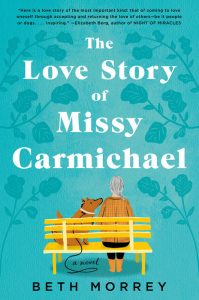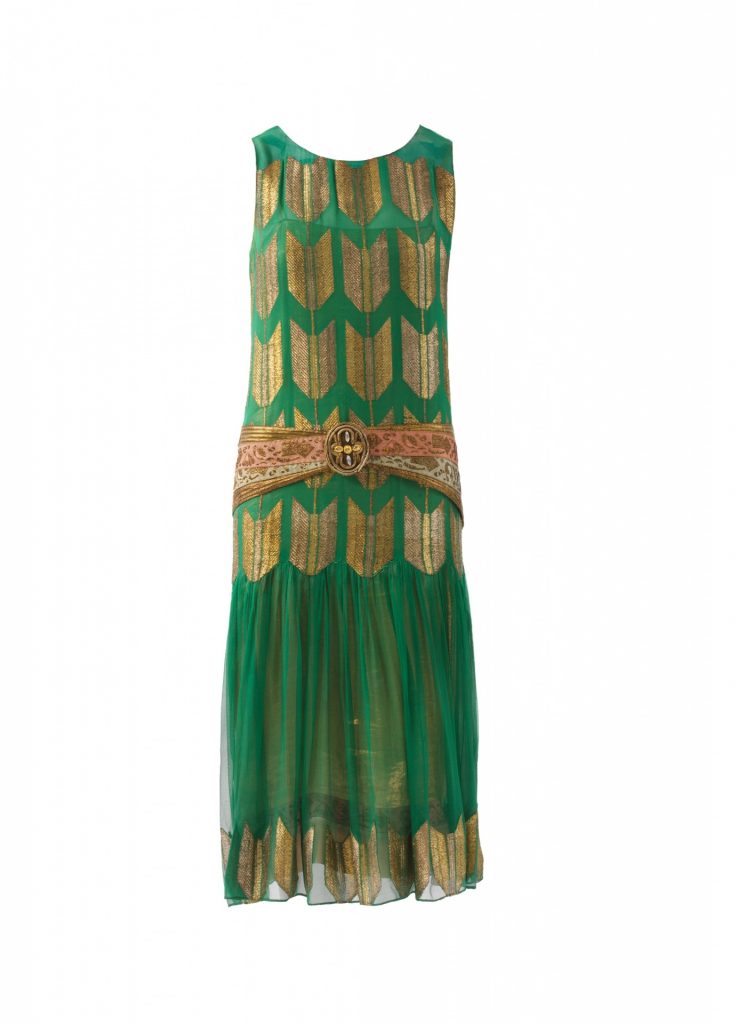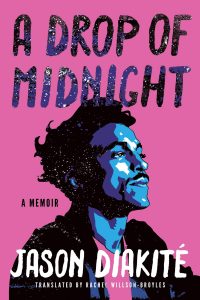
Embracing who you are (Chicago around 2010s; backstories 1970s – 2002): Like the main character in Sahar Mustafah’s spectacular debut – Afaf Rahmen – the author’s parents are also Palestinian immigrants who came to America, to Chicago, where the author lives and The Beauty of Your Face is set. The beauty of this gripping novel is its elegance in seeking our understanding towards Muslim Americans in a world too terrified to understand.
The prose is gorgeously sad and empowering despite all the hatred and violence Afaf and her unraveling family endure. Prose that lets us feel what it’s like to be victimized by racism towards Muslims – to the extent anyone other than the oppressed can truly feel that.
While the emotional impact of the novel burns slowly, there’s nothing slow about the novel, opening with a horrific terrorist attack at an elementary school, where Afaf has been the principal of for the past ten years. At the Nurrideen Islamic School for Girls, outside Chicago, she’s been “overcome by her students’ sense of pride and purpose. There was an infinite number of choices for these women.” Not so for her mother’s generation.
Afaf’s rise through her daunting childhood to an important societal profession she’s proud of is remarkable given the life she’s had growing up in a struggling family teetering on the edge of disaster. Until catastrophe strikes and she’s left with no one to turn to, at home and or in school. Mystery, secrets, Islamophobia are all wrapped up in a very moving drama.
The terrorist attack – the not knowing what happened to Afaf, the children and teachers – stays on our minds as Mustafah doesn’t return to it until after Afaf graduates from high school.
Afaf’s story opens in 1976 when she’s ten, her sister Nada seven years older, her brother Majeed seven. They and her father Baba, who toils at a plastics-factory to support his family, all want to assimilate into Western society, want to belong. Afaf’s miserably unhappy Mama worsens their chances and outlook as her objectionable presence hovers like a dark cloud.
There’s little pleasure inside Afaf’s house, except for the savory Middle Eastern meals Afaf’s mother cooks that remind her of her homeland she misses terribly. Dishes named in Arabic infuse the novel with their culture. No one in the novel’s beginnings practices their religion, yet they’re a family in dire need for prayers.
No matter how hard her father tries to keep the peace, Afaf’s mother remains a fragile shell of a clinically depressed woman “weeping” too often. Mostly, she goes from silence to outbursts of uncontrollable anger. Among her three children, Nada is clearly the favorite, dutiful Majeed next, whereas she has no use for Afaf, never a kind word. These dynamics become all too clear when Nada doesn’t return home one life-changing night and Afaf’s mother descends into madness. She acts as if Afaf is responsible for Nada’s disappearance.
What happened to Nada? The police cannot find her, but they do have a theory. Thirty pages in, the reader gets a gimpse into it, but it takes another seven dreadful years for us to actually know. Meanwhile, the family is never the same.
Over the years, Afaf is always looking over her shoulder, imagining she sees her big sister. Her father devolves into a full-fledged alcoholic who no longer enjoys escaping through music with his two Muslim friends in their little band. No one is watching out for Afaf and Majeed. How can they be when they’ve completely fallen apart? (Except for Majeeed, an overachiever and into sports, who seems to stay intact.)
It’s not until Afaf’s father hits bottom that he turns to Islam, where he finds salvation and belonging. It’s not lost on the reader that his wife desperately needs this but, like everything in America, she vehemently objects.
Chapters count the days Nada is gone so we can feel how Nada’s “absence is like an earthquake rattling the house.” A house that’s “tomb like.” All while Afaf is constantly bullied at school when she’s not being ignored or taken advantage of, demeaning and humiliating her.
How does Afaf manage to protect herself against all the threatening, hate-filled words and behaviors thrown at her? How do you stay strong when you don’t feel safe anywhere? When there’s no place you feel you belong? How do you survive when you want to “feel like Americans but they don’t want us to feel that way”?
One of the theys is the terrorist. A while male whose a lost, abandoned soul, similar to how Afaf feels. Otherwise he’s the antithesis of her – her dignity, gentleness, goodness, but he too has been dealt a bad hand.
The terrorist’s chapters show a marginalized person becoming a deranged shooter. Still, Mustafah doesn’t want us to hate him. Rather, she wants us to understand how an ostracized person could allow racial animosity to grow into beastly rage. How the powerless find chilling power in people’s “pleas for their lives.” And yet, the author offers kindness and generosity in her godly purpose. This is what makes her novel exceptional, beautiful.
Eventually, there are people who welcome Afaf at her most vulnerable time, when she allows her Muslim sisters to do so. Embracing her religion and culture is the greatest gift her father can give her. At first, she rejected his idea of stepping into the Islamic Center – where he’s found community, worship, a reason to live – to see what it’s like. When she finally agrees to a visit, she’s hit by warmth and friendship. What the reader sees is how “hope is religion,” and how Islam is meant to be “a religion of peace, not terror.”
Your heart breaks when Kowad reaches out to Afaf at the Center, inviting her to her home. She once had a childhood friend, but she’s older now, amazed to find “someone who didn’t want something in return,” and struck by parents who “engage in actual conversations” with their children. We see how children feel loved when they’re treated with respect, interest, care. Kowad’s friendship, and the older women at the mosque, make a huge difference for Afaf.
Spiritual transformation and acceptance of Afaf’s cultural customs after decades of “invisible years” gives her the strength to feel empowered and hopeful. She’s always been an avid reader, but now her eyes are opened to teaching as a profession that gives her life meaning and “intoxicating independence,” taking us back to where her story began: a principal at a Muslim school with a shooter on the loose.
Afaf’s story is one of grief and healing. She’s been a survivor. The burning question is whether she survives the terrorist attack after all she’s gone through and achieved?
Afaf’s spirit, not just her face, is beautiful to behold.
Lorraine







